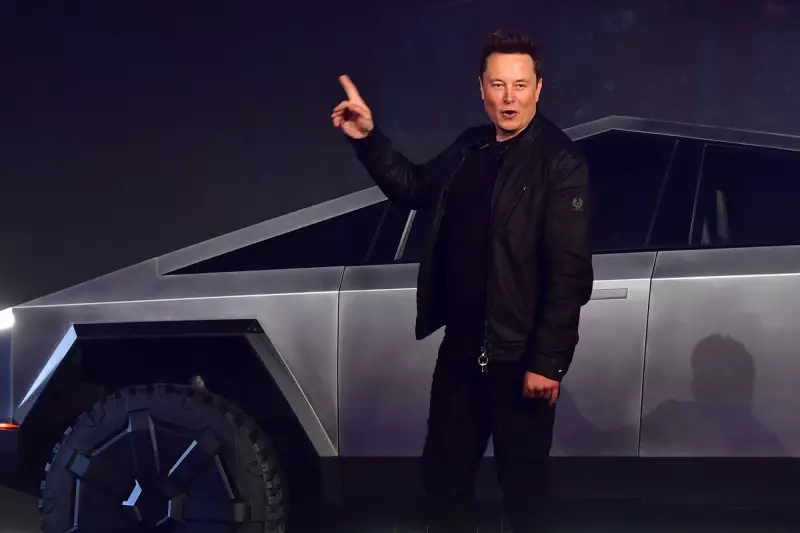
Tesla and its enigmatic chief, Elon Musk, are reeling from a seismic shareholder rebellion that has wiped a staggering $50 billion from the electric car giant's market valuation. The catalyst? A resounding rejection of Mr Musk's unprecedented $56 billion compensation package.
The company's share price went into freefall, nosediving by as much as 6% in pre-market trading and continuing its precipitous decline after the opening bell. This dramatic sell-off represents one of the most significant single-day collapses in Tesla's volatile history, sending shockwaves through the global markets.
A Vote of No Confidence
The core of the issue lies with a Delaware judge's ruling earlier this year, which voided the mammoth pay deal. Despite a vigorous campaign by Tesla's board to secure shareholder ratification, investors delivered a stinging rebuke. This vote, while not legally binding, sends an unequivocal message of discontent to both the board and its high-profile CEO.
Analysts suggest the rejection signals growing investor fatigue with the constant drama surrounding Mr Musk and serious concerns over the company's corporate governance standards. "The market is punishing Tesla for a lack of board independence and the perceived excessive influence of Musk," commented one London-based market strategist.
Beyond the Pay Package: Musk's Diversions
Further aggravating shareholder nerves was the separate approval of a proposal to relocate Tesla's state of incorporation from Delaware to Texas. While framed as a strategic move, many see it as an attempt to bypass the Delaware court's authority and reduce shareholder oversight.
Compounding Tesla's troubles is Mr Musk's increasingly divided attention. His sprawling responsibilities, including the management of SpaceX, the social media platform X (formerly Twitter), and his nascent AI ventures, have left investors questioning his commitment to Tesla. This comes at a critical juncture for the automaker, which is facing intensifying competition and slowing sales growth in the key electric vehicle market.
Market Implications and the Road Ahead
The fallout from this event extends far beyond Tesla's headquarters. It poses critical questions about executive compensation, board accountability, and investor power in modern corporations. The massive valuation wipeout serves as a stark reminder that even the most celebrated companies are not immune to market discipline and governance failures.
All eyes are now on how Mr Musk and the Tesla board will respond to this stunning vote. Will they heed the clear message from shareholders, or will they double down on their strategy? The future direction of the world's most prominent electric vehicle maker hangs in the balance.





